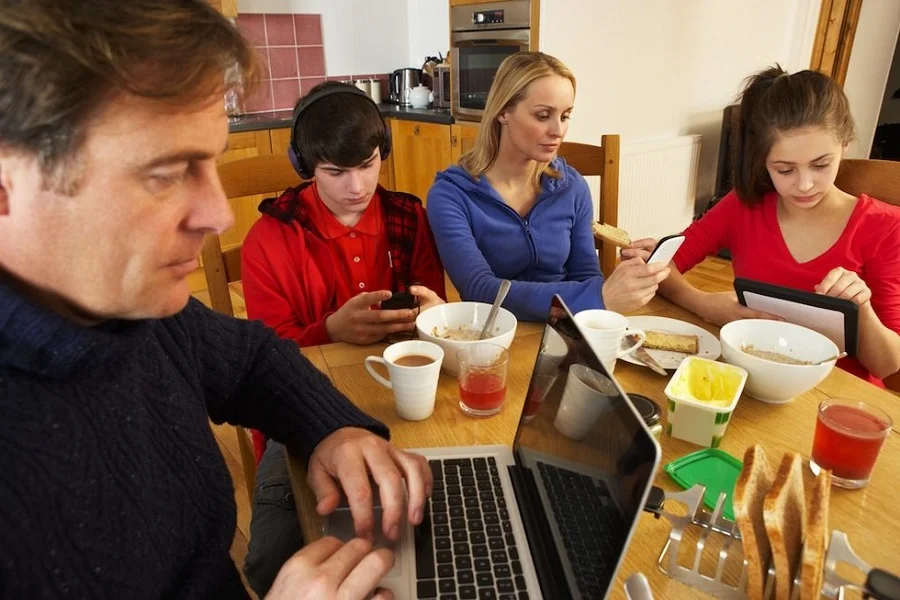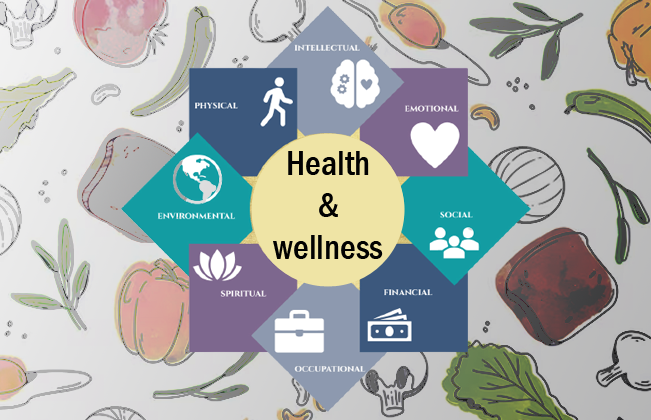In the 21st century, technology has become an integral part of our lives, shaping and transforming the way we live, work, and interact. From smartphones and social media to artificial intelligence and smart homes, the impact of technology on modern lifestyles is undeniable. In this article, we will explore how technology has revolutionized various aspects of our lives and the implications it has for our society.
I. Communication Revolution: Breaking Barriers
Technology has revolutionized communication, enabling people from different corners of the world to connect effortlessly. The advent of smartphones, social media platforms, and messaging apps has made it easier than ever to stay in touch with friends, family, and colleagues. Video conferencing tools like Zoom and Skype have bridged the gap between distant loved ones, and social media has transformed the way we share our lives with others. However, as technology has made communication more accessible, concerns about privacy and the impact of social media on mental health have emerged.
II. Work and Productivity: Transforming the Workplace
The workplace has undergone a significant transformation with the integration of technology. Automation and artificial intelligence have streamlined business processes, improving efficiency and productivity. Tasks that once required manual labor can now be accomplished with the help of machines and algorithms. Remote work has become increasingly popular, with technology enabling employees to work from anywhere, resulting in greater flexibility and work-life balance. However, the rise of automation has also raised concerns about job displacement and the need for upskilling to adapt to a changing job market.
III. Healthcare Advancements: Enhancing Quality of Life
Technology has made significant advancements in the healthcare industry, improving the quality of medical care and enhancing patient outcomes. Electronic health records have streamlined patient data management, enabling healthcare providers to access crucial information quickly. Telemedicine has emerged as a convenient way to receive medical advice and consultation remotely. Wearable devices and health apps have empowered individuals to track and monitor their health, promoting preventive care. However, concerns about data security and the digital divide in healthcare access remain challenges to be addressed.
IV. Education: Learning in the Digital Age
The education sector has witnessed a digital revolution with the integration of technology into classrooms. Interactive whiteboards, educational apps, and online learning platforms have transformed the way students learn and teachers teach. Technology has made learning more engaging and personalized, allowing students to access educational resources from anywhere in the world. However, the digital divide and concerns about the overreliance on technology in education have sparked debates about equitable access and the importance of human interaction in the learning process.
V. Entertainment and Leisure: An Era of Digital Consumption Technology has revolutionized the entertainment and leisure industry, providing an abundance of content and new ways to consume it. Streaming services like Netflix, Spotify, and YouTube have transformed the way we watch movies, listen to music, and enjoy our favorite shows. Virtual reality (VR) and augmented reality (AR) have introduced immersive experiences in gaming and entertainment. However, concerns about screen time addiction, the impact on creativity, and the loss of traditional forms of entertainment have been raised.
VI. Smart Homes and Internet of Things (IoT): A Connected Lifestyle The rise of smart homes and the Internet of Things (IoT) has brought connectivity to our daily lives. From voice-controlled assistants like Amazon’s Alexa to smart thermostats and security systems, technology has made our homes more efficient and convenient. IoT devices have the potential to automate various tasks, enhance energy efficiency, and provide greater control over our living environments. However, privacy and security risks associated with interconnected devices and data collection have become significant concerns.
In conclusion, the impact of technology on modern lifestyles has been profound and far-reaching. It has transformed the way we communicate, work, access healthcare, learn, and entertain ourselves.
![]()





